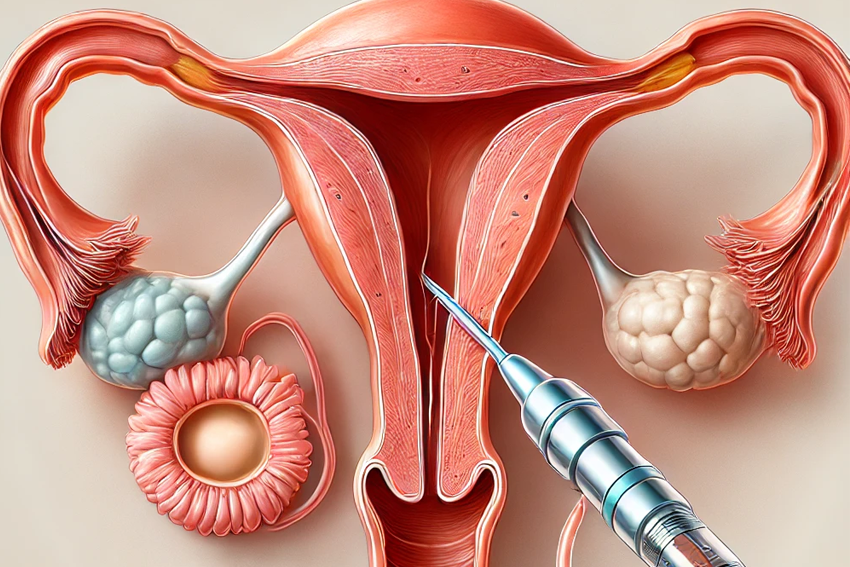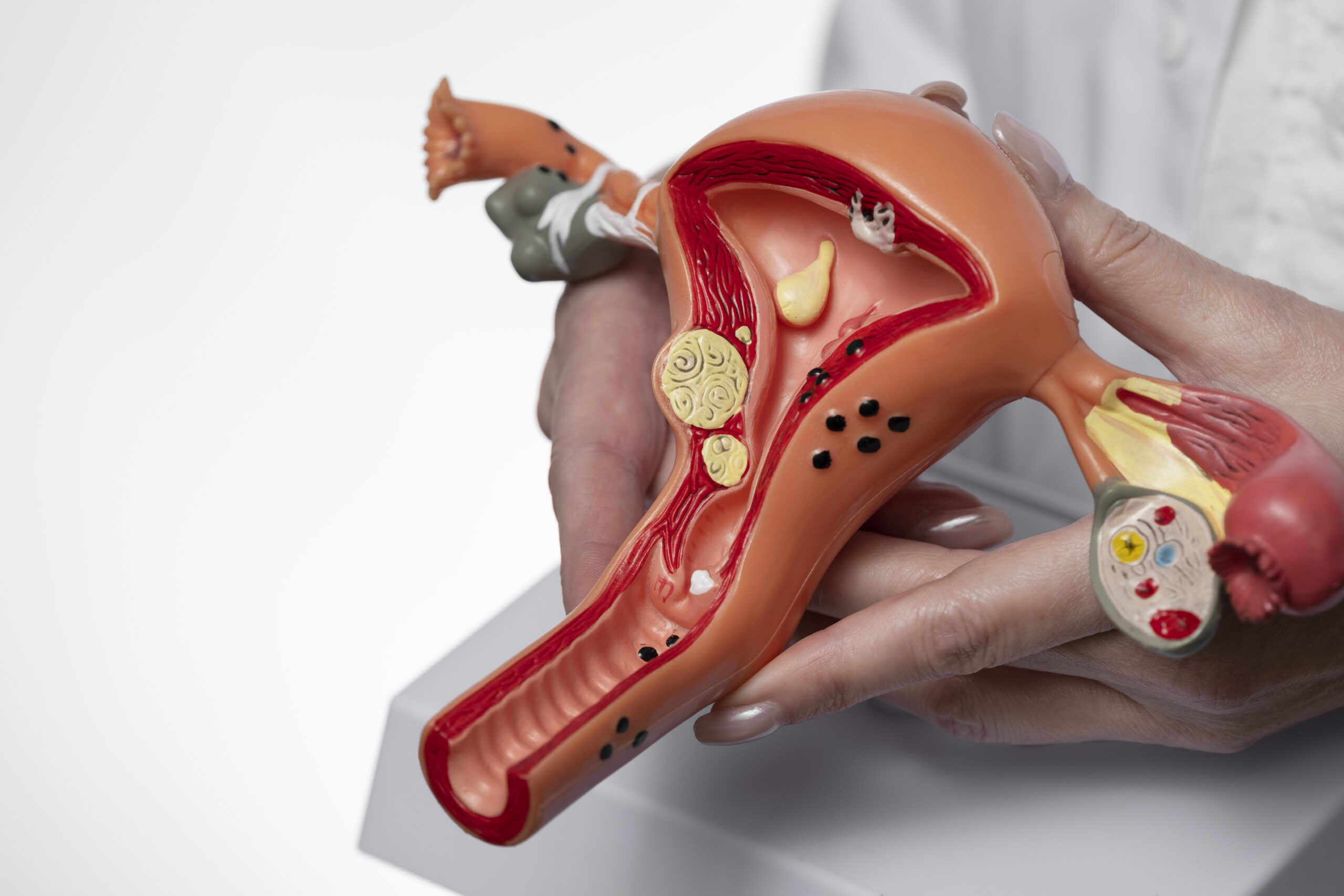Low AMH Doesn’t Mean You Can’t Conceive Naturally!
Hearing that you have “low AMH” can be worrying for many women trying to conceive. It’s common to feel anxious and wonder whether pregnancy is still possible. But here’s the truth — low AMH does not mean infertility. It simply gives information about your egg quantity, not necessarily egg quality.
Many women with low AMH levels can and do conceive naturally — especially if they are young and otherwise healthy. Understanding what AMH means, and what it doesn’t, is the first step toward making informed fertility decisions.
What Is AMH and Why Is It Important?
AMH (Anti-Müllerian Hormone) is a hormone produced by small follicles in the ovaries. It helps fertility specialists estimate a woman’s ovarian reserve — that is, how many eggs remain in her ovaries.
- High AMH: Suggests a good egg reserve or sometimes polycystic ovaries.
- Low AMH: Indicates a reduced egg reserve — fewer eggs remaining in the ovaries.
It’s important to understand that AMH levels naturally decline with age, starting from the late 20s and more noticeably after 35. This decline doesn’t happen suddenly — it’s a gradual, age-related process.
Low AMH Reflects Egg Quantity, Not Quality
A common misconception is that low AMH means “poor-quality eggs.” That’s not entirely true.
AMH only reflects quantity, not quality.
Even if you have a lower number of eggs, those eggs can still be healthy and capable of fertilization. Egg quality depends largely on age and lifestyle factors such as nutrition, stress, sleep, and overall health.
For example, a 28-year-old woman with low AMH may still have good-quality eggs and can conceive naturally, while a 40-year-old woman with the same AMH value might find conception more difficult because egg quality naturally declines with age.
Can You Conceive Naturally with Low AMH?
Yes — many women with low AMH conceive naturally. What matters most is your age, ovulation pattern, and overall reproductive health.
- If you’re under 35:
Low AMH should not discourage you. You can still ovulate and release good-quality eggs. Regular monitoring of ovulation and timed intercourse can improve your chances of natural conception. - If you’re above 35 or married for several years:
It’s wise to consult a fertility specialist early. Low AMH combined with advancing age may reduce natural fertility, but assisted treatments such as IUI or IVF can help achieve pregnancy faster and more effectively.
When Should You Test for AMH?
An AMH test is typically advised for:
- Women who are planning to delay pregnancy.
- Those with irregular periods or suspected ovarian issues.
- Couples facing difficulty conceiving for over six months (if female age is above 35) or one year (if female age is below 35).
- Women with a family history of early menopause.
The test is a simple blood test and can be done at any point in the menstrual cycle.
Low AMH: What Are Your Fertility Options?
If your AMH levels are low, don’t panic — there are still several paths to parenthood:
1. Natural Conception
If you’re young and your cycles are regular, natural conception is still possible. Tracking ovulation, maintaining a healthy weight, and having intercourse during the fertile window can increase success rates.
2. Fertility-Boosting Lifestyle
A balanced diet rich in antioxidants (found in green leafy vegetables, nuts, seeds, and fruits), regular exercise, adequate sleep, and reduced stress can help improve egg quality.
3. Ovulation Stimulation or IUI
In some cases, fertility specialists recommend ovulation induction — mild medication to boost egg release — followed by Intrauterine Insemination (IUI) to improve chances of fertilization.
4. IVF (In-Vitro Fertilization)
For women with very low AMH or those who have been trying for a long time, IVF can be a highly effective option. IVF allows fertility experts to retrieve and fertilize available eggs in a controlled environment, maximizing the chance of a successful pregnancy.
Hope and Real-Life Success
At Nova IVF Fertility, Banjara Hills, Dr. Durga Vytla and her team have helped many women with low AMH conceive — both naturally and through IVF. Personalized care, advanced technology, and a compassionate approach make all the difference.
“Every fertility journey is unique,” says Dr. Durga. “Low AMH is not the end of hope — it’s simply a signal to act wisely and early.”
Tips to Support Egg Health Naturally
- Eat a fertility-friendly diet: walnuts, almonds, leafy greens, citrus fruits, and berries.
- Avoid smoking, alcohol, and processed foods.
- Get adequate vitamin D and omega-3 fatty acids.
- Manage stress through yoga, meditation, or light exercise.
- Maintain a healthy weight and stay hydrated.
These small lifestyle choices can make a big difference in improving overall reproductive health.



